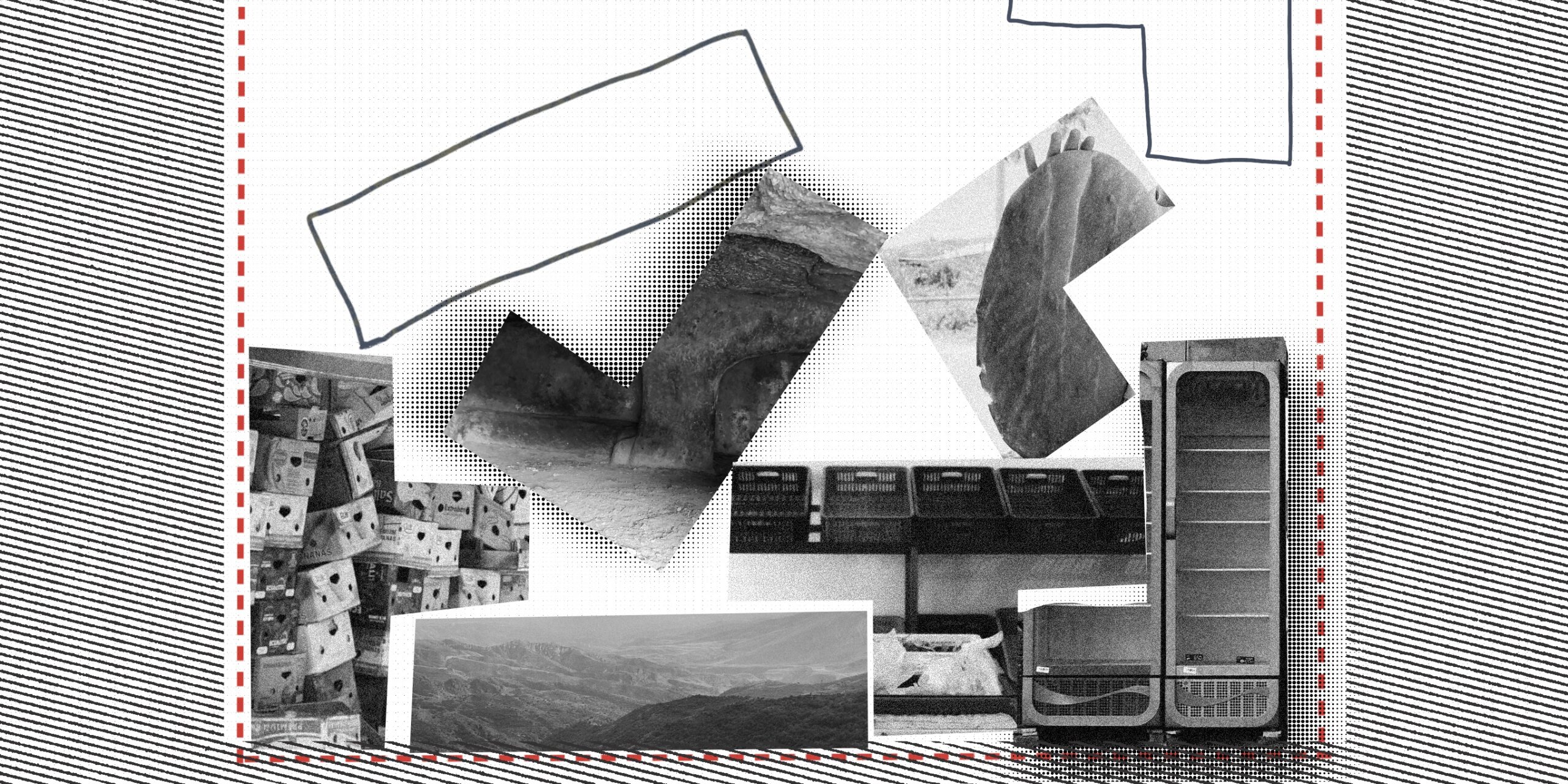

Just a few days after the war started, the first email came telling us one of our students had died. The 23-year-old English and Communications major had planned to get an MBA when he graduated. Instead, he was killed on the front lines near Martakert in Nagorno-Karabakh.
Over the weeks that followed, more emails landed in our inboxes at the American University of Armenia. More boys — aspiring businessmen, engineers, journalists, computer scientists — who wouldn’t be coming back.
When the news broke that a Russian-backed ceasefire had ended the 44 days of death and destruction, the feeling was bittersweet. Towns and cities that many of us had called home were gone. Villages we’d spent summers in. But, we thought, at least there’d be no more dead boys.
We were wrong, and the ceasefire didn’t bring a reprieve. In the three years since the 2020 “peace agreement”, Azerbaijan has used it to demand more and more concessions from Armenia, far more than anyone had known we were supposed to give. Instead of upholding his side of the bargain, Azerbaijani President Ilham Aliyev has torn up the agreement’s founding principles. Localized attacks and fighting continue. Armenians are abducted even from Armenia, and Azerbaijan seizes more territory and takes more lives. No one seems to notice or care that the war hasn’t actually stopped; it’s just being unleashed in installments.
The peace talks are the soundtrack to the violence. International mediators, particularly the U.S. and the EU, have been cheerfully lauding dialogue between the sides, without ever enforcing consequences as the situation on the ground goes from bad to worse. If the sides are talking to each other, they’re not killing each other, the logic goes — even though both are happening at the same time.
Instead, the talks have become a distraction. Azerbaijan makes a show of being in the negotiating room, even as it’s kicking Armenia under the table.
In early July, despite Azerbaijan’s inhumane and illegal blockade of Artsakh Armenians, depriving them of food and medicine for seven months, U.S. Ambassador to Armenia Kristina Kvein stated that Washington believes it is “feasible” for Armenians of Nagorno-Karabakh to live safely as part of Azerbaijan. It is the same naivety that Americans warn against when it comes to Russia or China or North Korea.
Meanwhile, Azerbaijani elites like Fariz Ismailzade, the vice-rector of the country’s diplomatic academy, are happy to let the mask slip in public in the knowledge that the international community will close their eyes to it. Ismailzade last week posted a spoof video game where Tetris blocks fall to cover the Artsakh flag with an Azerbaijani one, while Armenia’s population decreases from three million to zero. The face of Enver Pasha, the mastermind behind the 1915 Armenian Genocide, is added to underline the point.
Additionally, Aliyev’s foreign policy chief, Hikmet Hajiyev, taunted Armenians on Twitter, stating that it is “game over” in Nagorno-Karabakh.
Western leaders might not be ready to listen to Armenians when we tell them who they are dealing with in Baku — but they should at least listen to Azerbaijanis when they do.
They have made it clear, repeatedly, that their ultimate goal is to oppress the vulnerable Karabakh Armenian population until they are dead or expelled from their homeland. The international community is content to enable this situation and has little interest in holding Azerbaijan to its side of the bargain. As these talks continue, Armenia becomes increasingly weaker, and the risk of ethnic cleansing grows. This is only possible because of the mediators’ calculated indifference.
The West does not want to be seen as responsible for ethnic cleansing, but it will ultimately watch on as it happens if it isn’t prepared to take the short-term discomfort of confronting Azerbaijan head on.
The negotiations they’ve overseen have been held in the name of peace. But what kind of peace is even possible here? Azerbaijan has made it clear it will accept nothing short of full control over Nagorno-Karabakh, and the talks have simply been a process of wearing down an already battered and bruised Armenian state into acquiescing.
Baku repeatedly tells facilitators, such as U.S. Secretary of State Antony Blinken and European Council President Charles Michel, that the Artsakh Armenians will be treated like other citizens of Azerbaijan. Even if they believe that, they’ve failed to acknowledge that Baku denies basic civil liberties to those same citizens, commits human rights abuses, and stifles political opposition at home. The lack of political pluralism makes an inclusive society impossible. How does the west imagine the Armenians will live under Azerbaijani rule? How can a racialist state that rewards its citizens for torturing and mutilating Armenians be responsible for their well-being?
Diplomacy, or more accurately diplomatic coercion, may ultimately avoid another war, but the endgame that they seem certain to impose on the Artsakh Armenians would be nothing short of a total unilateral capitulation. And, for the region, for international treaties, for the EU and the United States, the results will be catastrophic. An unjust peace could be worse than another war because it will come with an ethnic cleansing brokered by the exact same people who are supposed to prevent it.
No one wants another conflict less than Armenians — the young men serving on the positions along the border, the mothers waiting for their children to come home, the government officials who, in their eyes, look like they are still reliving the last one. Outnumbered, outgunned, and outmaneuvered diplomatically, the outcome is unlikely to be anything less than a catastrophe.
But that catastrophe seems to be coming nonetheless. Forced on us by those who call it peace.
Recently published
EVN Security Report: July 2023
Critical self-reflection is necessary as Armenia overhauls its intelligence infrastructure. For national security strategy to be concrete, substantive and operationalizable, it requires strategic intelligence. Nerses Kopalyan explains.
Read moreThe Dangerous Emptiness of Hate
The persistence of the hate-induced discourses and practices in Azerbaijan before and especially after the 2020 Artsakh War is indicative of the structural role of hatred in the political order created by the Aliyev regime.
Read moreAll Armenian Men in Nagorno-Karabakh Are Now Targets for Arbitrary Detention
On July 29, Azerbaijani border services kidnapped and detained an elderly man who was being transferred from Artsakh to Armenia by the ICRC for medical treatment. Baku may now target and detain every male in Nagorno-Karabakh, writes Sossi Tatikyan.
Read more




Armenia under the Nikol Pashinyan’s government has squandered 3 precious years that Azerbaijan diligently used to strengthen Azerbaijan’s military to prepare for the next “hot phase” of the long war with the Armenians. Azerbaijan bought J-35 fighter jets from Pakistan, Leonardo aircraft, bought many cargo planes full of drones from Israel, expanded the Azerbaijani mountain warfare units, built air bases in Jrakan and Karvajar. Meanwhile, Armenia under Nikol Pashinyan has focused on vastly expanding Armenia’s domestic police force, public entertainment such as the upcoming Snoop Dog concert & the recent beer festival, and prosecuting military thought-leaders such as General Grigoriy Khachaturov. The Pashinyan administration chases an ever-elusive European brokered peace treaty, while ignoring the facts that Europe truly needs Azerbaijani gas and oil energy, Europe is unable to place any meaningful diplomatic or economic pressure on Aliyev. Armenia can only find lasting peace by increasing its physical military strength at break-neck speed. Azerbaijan under the Aliyev dictatorship will not relent unless Aliyev fears a credible, potential harsh Armenian military reprisal. As the Athenians told the peace-loving, neutral Melians of Melos when the Athenians lay siege to Melos during the Peloponnesian War, “The strong do what they can and the weak suffer what they must.” Armenia does not have to permanently wallow in weakness. Khrimian Hairig’s parable of the “iron” ladle’s triumph over the “paper ladle” remains true. Armenians will find peace when each Armenian embraces the Iron Ladle.
When a nation chooses leaders with ZERO diplomatic experience, and even worst with ZERO International foreign relationships and these rather simple leaders like Nikol the PM and Ararat FM are sent to negotiate with wolves this is what happens. Not only that, but they even managed to destroy Russian support even before they took control, they have become a laughing stock and treated like the clowns they are, well I hope the people that voted them in now realize the grave mistake they made. These fools must be removed from power and must stop negotiation’s , because they simply crumble and give in under pressure.